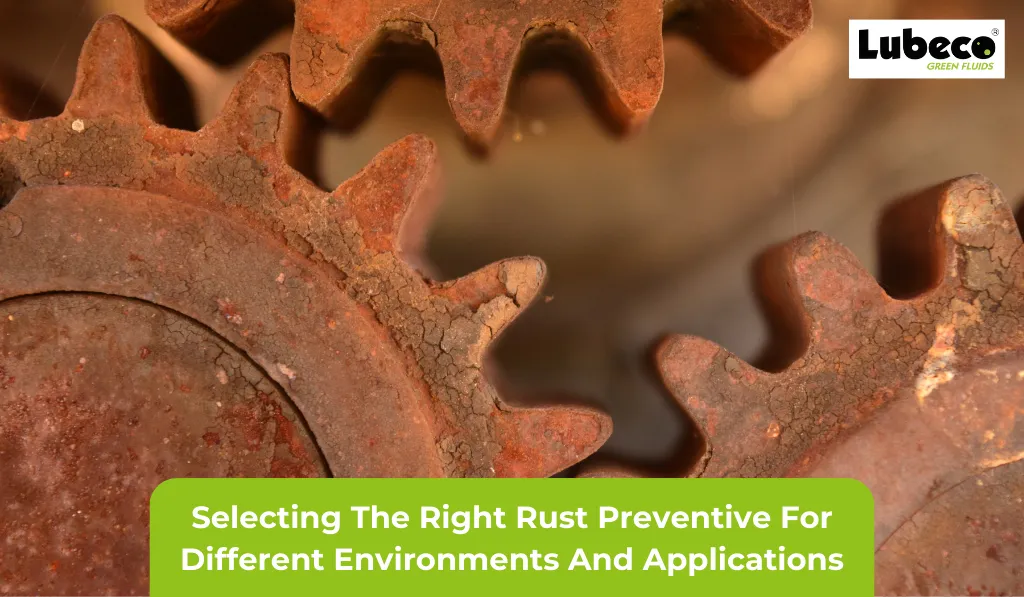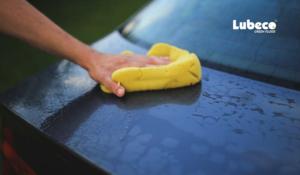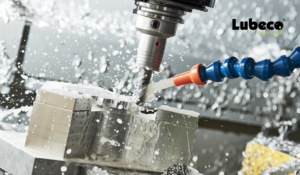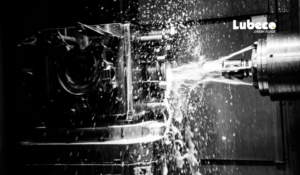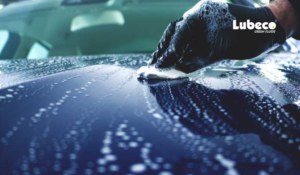Introduction
Rust is a pervasive and costly problem in industries ranging from automotive manufacturing to construction. The degradation of metal due to rust can lead to structural weakness, increased maintenance costs, and reduced product lifespan. To combat this issue, rust preventives play a crucial role in preserving metal surfaces. However, selecting the right rust preventive for specific environments and applications is essential to ensure effective protection. In this blog, we will delve into the factors to consider when choosing a rust preventive, as well as explore various types and their suitability for different scenarios.
What is Rust Formation?
Before delving into rust preventives, it’s essential to understand how rust forms. Rust, also known as iron oxide, occurs when iron or steel comes into contact with moisture and oxygen. This chemical reaction weakens the metal’s integrity and appearance. To counteract this process, rust preventives are applied to create a barrier between the metal surface and the corrosive elements.
Factors to Consider When Selecting Rust Preventives
- Environmental Conditions:
- Humidity: High humidity levels can accelerate rust formation. In such environments, you’ll need a rust preventive with strong moisture resistance.
- Temperature: Extreme temperature variations can impact the effectiveness of rust preventives. Choose a product that can withstand the temperature range of your environment.
- Exposure to Saltwater: For applications near saltwater, such as marine equipment, a rust preventive with excellent saltwater resistance is crucial.
- Application Method:
- Spray, dip, or brush-on application methods require different types of rust preventives. Consider the practicality of your chosen application method when selecting a product.
- Duration of Protection:
- Some rust preventives offer short-term protection, while others are designed for long-term storage. Determine how long your metal needs to be protected before use.
- Compatibility:
- Ensure the rust preventive is compatible with the metal surface you’re protecting. Different metals may require specific formulations.
- Regulatory Compliance:
- Some industries have strict regulations regarding the use of chemicals. Ensure that the rust preventive you choose complies with relevant standards and regulations.
Types of Rust Preventives
- Oils: Thin Oils: Suitable for short-term protection and indoor storage.
Heavy Oils: Ideal for long-term protection and outdoor applications.
- Waxes: Provide excellent moisture resistance and are often used for outdoor storage.
- Volatile Corrosion Inhibitors (VCIs): Emit vapor-phase corrosion inhibitors to protect metal surfaces in enclosed spaces. Ideal for electronics and machinery.
- Water-Based Rust Preventives: Environmentally friendly alternatives to traditional oil-based products, offering varying degrees of protection.
- Coatings and Paints: Create a physical barrier between metal and the environment. Suitable for surfaces exposed to extreme conditions.
- Dry Film Rust Preventives: Form a dry, protective film on metal surfaces. Commonly used for precision instruments and firearms.
Selecting the Right Rust Preventive for Different Environments
- Industrial Equipment: For machinery exposed to harsh conditions, heavy oils or coatings are excellent choices.
- Automotive Industry: Thin oils or water-based rust preventives are suitable for car parts during storage and transport.
- Marine Applications: Marine environments demand rust preventives with exceptional saltwater resistance, such as specialized marine coatings.
- Electronics and Electrical Components: VCIs or water-based rust preventives can protect sensitive electronic components during transit and storage.
- Construction and Infrastructure: Construction equipment and structural steel often require heavy-duty coatings for long-term outdoor protection.
Conclusion
Rust prevention is a critical aspect of maintaining the integrity and longevity of metal surfaces in various industries. Choosing the right rust preventive depends on a combination of factors, including environmental conditions, application methods, and the desired duration of protection. By carefully assessing these factors and understanding the types of rust preventives available, you can make informed decisions to ensure that your metal assets remain rust-free and functional, even in the harshest of environments. Remember, investing in the right rust preventive today can save you substantial costs in the future by preventing corrosion-related damage and maintenance expenses.

